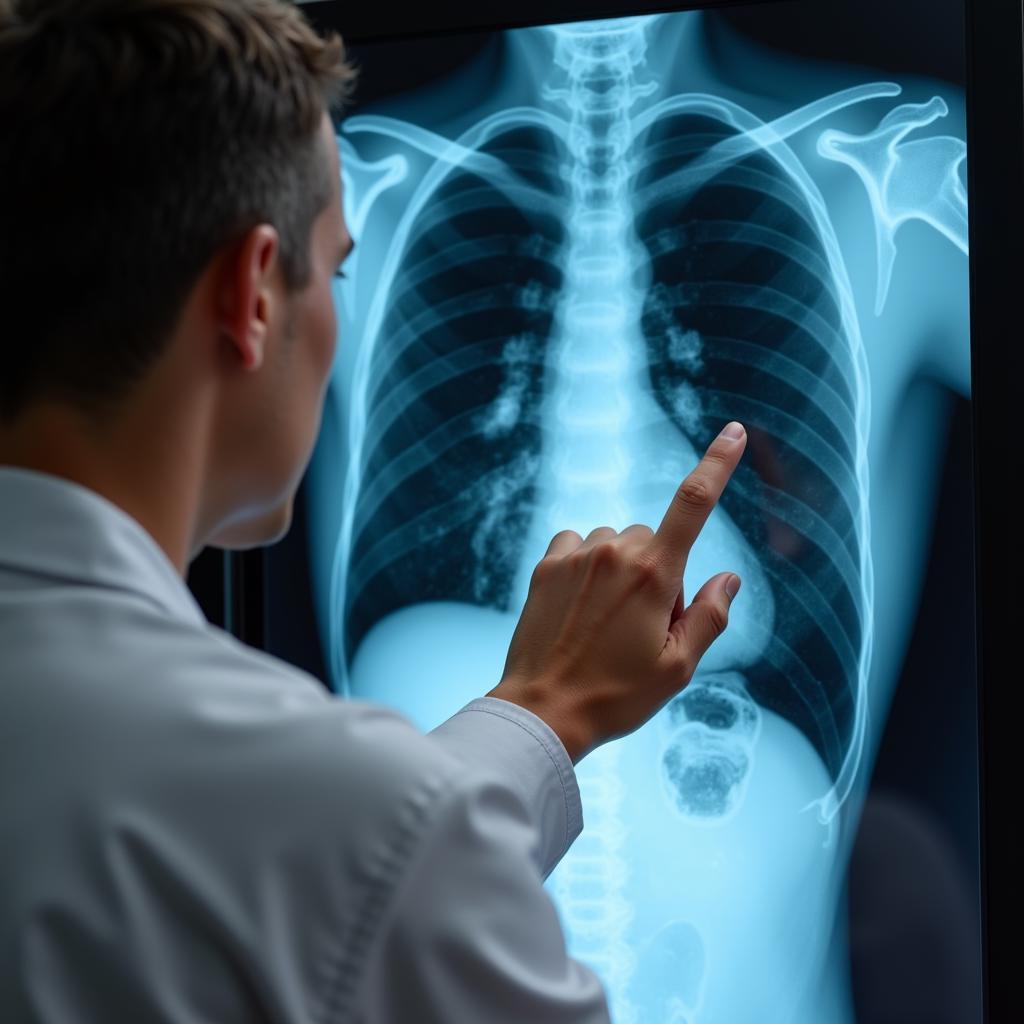What Services Do Urgent Care Centers Offer?
Urgent care centers have become a popular alternative to the emergency room for many people. They offer a wide range of medical services for non-life-threatening illnesses and injuries, often with shorter wait times and lower costs than a trip to the ER. But What Services Do Urgent Care Centers Offer exactly?
 People waiting in an urgent care center waiting room
People waiting in an urgent care center waiting room
Understanding Urgent Care Services
Urgent care centers bridge the gap between your primary care physician and the emergency room. They are equipped to handle a variety of medical needs that require prompt attention but are not life-threatening.
Common situations where you might visit an urgent care center include:
- Fever, flu, or cold symptoms
- Sprains, strains, and minor fractures
- Cuts, burns, and rashes
- Ear infections and sinus infections
- Urinary tract infections
- Allergies and asthma attacks
Comprehensive List of Services Offered at Urgent Care Centers
While specific services may vary depending on the facility, most urgent care centers provide the following:
1. Illness and Injury Treatment
Urgent care centers are well-equipped to diagnose and treat a wide range of common illnesses and injuries.
This includes:
- Respiratory infections: From the common cold to bronchitis, urgent care physicians can diagnose and prescribe medications to alleviate your symptoms.
- Gastrointestinal problems: Nausea, vomiting, diarrhea, and food poisoning can be addressed at an urgent care center.
- Skin infections and rashes: Rashes, insect bites, and minor skin infections can be assessed and treated.
- Minor injuries: Sprains, strains, and minor fractures can be diagnosed, and treatment options like splinting or bracing can be provided.
 Doctor pointing at an x-ray while talking to patient
Doctor pointing at an x-ray while talking to patient
2. Diagnostic Services
Many urgent care centers offer on-site diagnostic testing to help quickly identify the cause of your symptoms.
These tests might include:
- X-rays: To diagnose fractures, dislocations, and other bone or joint injuries.
- EKGs: To monitor your heart rhythm and detect irregularities.
- Laboratory tests: Blood tests, urine tests, and throat cultures to diagnose infections, check for certain medical conditions, or monitor existing ones.
3. Occupational Health Services
Some urgent care facilities offer specialized services for businesses and their employees.
These services often include:
- Pre-employment physicals
- Drug testing
- Worker’s compensation injury care
4. Additional Services
In addition to the core services listed above, many urgent care centers offer:
- Vaccinations and immunizations: Flu shots, tetanus shots, and other vaccinations are often readily available.
- Physicals: Sports physicals, school physicals, and routine checkups can be conveniently scheduled.
- Minor surgical procedures: Some centers are equipped to perform minor surgical procedures like wart removal or stitches for deep cuts.
When to Choose Urgent Care vs. the Emergency Room
Knowing when to seek treatment at an urgent care center versus an emergency room is crucial.
Go to the ER if you experience:
- Severe chest pain or difficulty breathing
- Sudden numbness or weakness
- Loss of consciousness
- Severe bleeding or head injury
Urgent care is a suitable option for:
- Mild to moderate illness or injury
- Situations where your primary care doctor isn’t available
 Doctor discussing treatment options with patient
Doctor discussing treatment options with patient
Making Informed Healthcare Choices
Urgent care centers play a vital role in providing accessible and convenient healthcare. Understanding the services they offer empowers you to make informed decisions about your health and seek the most appropriate level of care when needed. Remember, while urgent care centers offer a wide range of services, they are not a substitute for routine check-ups with your primary care physician or specialized medical care for chronic conditions.

